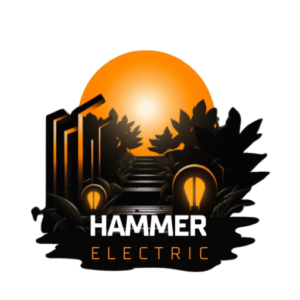Definition and Philosophy of Adult Education
– Adult education is distinct from child education
– Adults engage in systematic and sustained self-educating activities
– Adult education encompasses basic literacy to personal fulfillment
– Learning should respond to the needs of adults
– Adult learning is affected by demographics, globalization, and technology
Contexts and Factors of Adult Learning
– Formal learning takes place in education or training institutions
– Non-formal learning is organized by educational institutions but non-credential
– Informal education happens through daily life activities
– Different contexts offer different learning opportunities
– Learning can occur in the workplace and through civil society organizations
– Comfort and support are essential for adult learners
– Maslow’s Hierarchy of Needs plays a role in adult learning
– Stability can be more challenging for adult learners
– Emotional support and guidance are crucial in the classroom
– Adult learners bring accumulated knowledge and work experience
Goals and Challenges of Adult Education
– Adult education is voluntary and self-motivated
– Adult learners are seen as self-directed and problem-centered
– Adults apply knowledge practically to further their goals
– Adult education can focus on personal growth, career preparedness, or social improvement
– Lack of professional development opportunities is a common problem in adult education
Theories and Challenges in Adult Education
– Eduard C. Lindeman’s theories on lifelong learning and improving society
– Andragogy principles based on characteristics of adults as learners
– Challenges and motivating factors in adult education, including functional illiteracy and barriers to participation
– English for Speakers of Other Languages (ESOL) as a key sector of adult education
– Lifelong learning and societal growth through adult education
Participation and Deterrents in Adult Education
– Characteristics of non-participating adults in education, including age and gender differences
– Educational attainment and socio-economic background affecting participation in adult education
– Deterrent factors for participation, such as cost, time, and lack of self-confidence
– Benefits of adult education, including improved health, personal well-being, and social inclusion
– Monitoring adult learning and education through global reports and historical aspects of adult education
– Organizations in adult education, such as the Association for Talent Development and International Council for Adult Education Source: https://en.wikipedia.org/wiki/Adult_education
The examples and perspective in this article deal primarily with the United States and do not represent a worldwide view of the subject. (May 2020) |
Adult education, distinct from child education, is a practice in which adults engage in systematic and sustained self-educating activities in order to gain new forms of knowledge, skills, attitudes, or values. It can mean any form of learning adults engage in beyond traditional schooling, encompassing basic literacy to personal fulfillment as a lifelong learner, and to ensure the fulfillment of an individual.

In particular, adult education reflects a specific philosophy about learning and teaching based on the assumption that adults can and want to learn, that they are able and willing to take responsibility for the learning, and that the learning itself should respond to their needs.
Driven by what one needs or wants to learn, the available opportunities, and the manner in which one learns, adult learning is affected by demographics, globalization and technology. The oldest man to enroll in primary school in Kenya is one Kimani Ng’ang’a Maruge who was an 84 year old from Kariobangi Nairobi.
The learning happens in many ways and in many contexts just as all adults' lives differ. Adult learning can be in any of the three contexts, i.e.:
- Formal – Structured learning that typically takes place in an education or training institution, usually with a set curriculum and carries credentials;
- Non-formal – Learning that is organized by educational institutions but non credential. Non-formal learning opportunities may be provided in the workplace and through the activities of civil society organizations and groups;
- Informal education – Learning that goes on all the time, resulting from daily life activities related to work, family, community or leisure (e.g. community baking class).
The World Bank's 2019 World Development Report on The Changing Nature of Work argues that adult learning is an important channel to help readjust workers' skills to fit in the future of work and suggests ways to improve its effectiveness.
